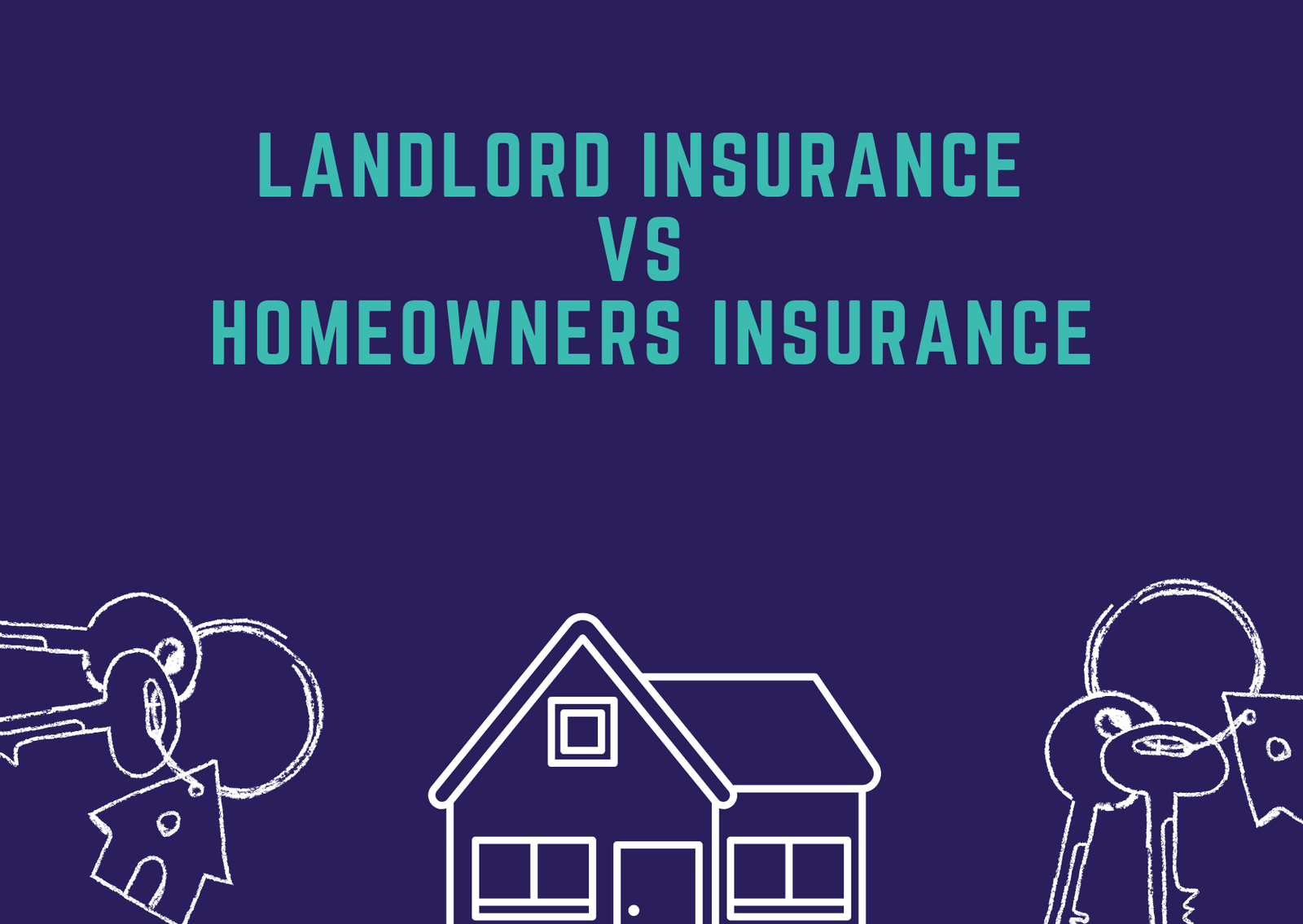Table of Contents
Introduction
Let’s do the comparison between Landlord insurance vs homeowners insurance. These are two distinct types of insurance policies designed to protect different types of properties and individuals. Let’s explore the differences between landlord insurance vs homeowners insurance in detail.
Landlord Insurance
1. Coverage Focus: Landlord insurance is specifically designed to protect properties that are rented out to tenants. It provides coverage for rental properties, including single-family homes, apartments, condos, and multi-unit buildings.
2. Property Coverage: Landlord insurance typically covers the physical structure of the rental property, as well as other structures on the property such as garages, sheds, and fences.
3. Liability Protection: Landlord insurance includes liability protection in case a tenant or visitor is injured on the rental property. It also covers legal fees and medical expenses related to such incidents.
4. Loss of Rental Income: One crucial aspect of landlord insurance is coverage for loss of rental income. If the rental property becomes uninhabitable due to a covered event (like a fire or storm damage), landlord insurance can provide compensation for lost rental income during the repair period.
5. Optional Coverages: Landlord insurance may offer optional coverages such as vandalism coverage, landlord contents coverage (for furnishings provided by the landlord), and additional liability protection.
Homeowners Insurance
1. Coverage Focus: Homeowners insurance is designed to protect owner-occupied residential properties. It provides coverage for the property owner’s primary residence, including single-family homes, townhouses, and condos.
2. Property Coverage: Homeowners insurance covers the physical structure of the home, personal belongings, and other structures on the property (like detached garages and fences).
3. Liability Protection: Similar to landlord insurance, homeowners insurance includes liability protection for injuries that occur on the property and can cover legal expenses and medical bills.
4. Additional Living Expenses: In case the home becomes uninhabitable due to a covered event, homeowners insurance can provide coverage for additional living expenses, such as temporary accommodation and food costs.
5. Personal Property Coverage: Homeowners insurance includes coverage for personal belongings inside the home, including furniture, clothing, electronics, and appliances.
Key Differences
1. Property Use: Landlord insurance is for rental properties, while homeowners insurance is for owner-occupied residences.
2. Loss of Rental Income: Landlord insurance includes coverage for loss of rental income, which is not typically included in homeowners insurance.
3. Coverage Limits: Landlord insurance may have higher coverage limits for liability and property damage related to rental activities.
4. Cost: Landlord insurance premiums may be higher than homeowners insurance due to the added risks associated with renting out the property.
5. Tenant Responsibilities: Landlord insurance does not cover the personal belongings of tenants, whereas homeowners insurance covers the personal property of the homeowner and their family members.
List of Insurance Companies
State Farm
Liberty Mutual
Foremost Insurance
Allstate
Tivly
FAQs
Q: Can I use homeowners insurance for a rental property?
A: No, homeowners insurance is specifically designed for owner-occupied properties. You’ll need landlord insurance for rental properties to ensure proper coverage.
Q: What if I live in one unit of a multi-unit property and rent out the others?
A: In this case, you may need a combination of homeowners insurance for your unit and landlord insurance for the rental units. It’s essential to discuss your specific situation with an insurance agent to determine the appropriate coverage.
Q: Do I need landlord insurance if I only rent out my property occasionally?
A: Yes, even occasional rental activities require landlord insurance to protect against potential risks associated with renting out the property.
Q: What factors affect the cost of landlord insurance?
A: The cost of landlord insurance depends on factors such as the location and value of the rental property, the coverage limits, the type of rental property (single-family, multi-unit, etc.), the presence of safety features (smoke alarms, security systems), and the landlord’s claims history.
Conclusion
In summary, landlord insurance vs homeowners insurance serve different purposes based on property use and occupancy. Landlord insurance is essential for protecting rental properties and addressing the unique risks associated with landlord-tenant relationships, while homeowners insurance is designed to safeguard owner-occupied homes and personal belongings. Understanding these differences between landlord insurance vs homeowners insurance is crucial for property owners to ensure they have the right insurance coverage based on their specific needs and circumstances.
